
8:30 Welcome
John J. DeGioia
President of Georgetown University
8:35 Opening Remarks
Rajiv Shah
Administrator, USAID
8:45 Opening Keynote Address
The Honorable Richard Lugar
U.S. Senator, R–Ind.
9:00 Development, Democracy, and Global Security in the 21st Century
Moderator: Judy Woodruff, Senior Correspondent for PBS NewsHour
The Honorable Joyce Banda, President of Malawi
The Honorable Ellen Johnson Sirleaf, President of the Republic of Liberia
The Honorable Atifete Jahjaga, President of the Republic of Kosovo
The Honorable Mary Robinson, Founder of Realizing Rights: The Ethical Globalization Initiative; Former President of Ireland
The Honorable Helen Clark, United Nations Development Program Administrator;
Former Prime Minister of New Zealand
Development strategies will play a key role in growing a community of prosperous democratic countries that can resolve their own conflicts and work cooperatively to address 21st century global threats. These security challenges will be shaped by illegitimate regimes; the rising threat posed by non-state actors, by the persistent weakness of fragile states and by the challenges of hunger, poverty, disease, demographic pressures and global climate change. What, then, are the appropriate approaches for building more inclusive, legitimate and effective democracies to meet these challenges? In doing so, what is the right balance among development, diplomacy, and security responses?
10:30 Break
11:00 Remarks
ADM James G. Stavridis, USN
NATO Supreme Allied Commander Europe
11:15 Development in Conflict-Affected Environments
Moderator: Ray Suarez, PBS NewsHour
ADM James G. Stavridis, USN, NATO Supreme Allied Commander Europe
Gayle Smith, Special Assistant to the President and Senior Director, National Security Council
Nadwa Al-Dawsari, Partners for Democratic Change, Yemen
Johanna Mendelson Forman, Center for Strategic and International Studies
Working in regions affected by active armed conflict poses the challenge of “complex development.” In these settings, often the fabric of communities has been worn down by protracted conflict or the behaviors of some actors—by explicit design or as an unintended consequence—can reverse development gains. The challenges of complex development are central in places like South Sudan, Afghanistan, the FATA in Pakistan, or Somalia. How can they be overcome? In general, what are the key elements of success in promoting development in conflict-affected environments? Finally, why do development investments in conflict-affected countries strengthen U.S. security and, more broadly, the security of the global community?
12:45 Luncheon Commences
Georgetown University Conference Center
1:00 Introduction
Carol Lancaster
Dean of Georgetown University’s School of Foreign Affairs
1:05 Luncheon Address
The Honorable Ellen Johnson Sirleaf
President of the Republic of Liberia
2:00 Transit to Gaston Hall
2:30 DevTalk
Bailey Klinger, Director of Entrepreneurial Finance Lab
Nancy Birdsall, Founding President of Center for Global Development
2:45 Strategies for Transitioning from Fragility to Prosperity
Moderator: Kaj Larsen, Special Investigations and Documentaries Unit at CNN
Emilia Pires, Minister of Finance of Timor-Leste
Sarah Cliffe, Special Representative and Director of the World Bank
Nancy Lindborg, Assistant Administrator for the Bureau of Democracy, Conflict and Humanitarian Assistance, USAID
Mark Schneider, Vice President of the International Crisis Group
The consensus among major donors reflected in the New Deal for Engagement in Fragile States underlines the importance of country-owned processes in developing and strengthening more inclusive and legitimate governing institutions. Indeed, research makes it clear that more legitimate governing institutions reduce the risks of violent conflict. What, then, are the appropriate development priorities for improving governance, especially for the purposes of long-term conflict prevention? In forming partnerships and strategies to transition out of fragility, what are the best ideas for establishing mutual accountability between countries and donor partners, and between host governments and their respective societies? Ambitious initiatives for tackling fragility will require significant investments with uncertain results and will, of course, entail the risks of setbacks and failures. How do we move from risk aversion to risk sharing in this frame?
3:45 Break
4:15 Remarks
Sri Mulyani Indrawati
Managing Director of the World Bank Group; Former Finance Minister of Indonesia
4:25 Keynote Address
The Honorable Atifete Jahjaga
President of the Republic of Kosovo
4:40 DevTalk
James Long, Afghanistan Polling
4:45 Helping Democracies Deliver: Creating Dialogue and Change Through Open Government
Moderator: Donald Steinberg, Deputy Administrator, USAID
Amirzai Sangin, Minister of Communication and Information Technology of Afghanistan
Rakesh Rajani, Head and Founder of Twaweza
Warren Krafchik, Senior Vice President of International Programs at the Center on Budget and Policy Priorities
A movement for open government is growing around the world. An explosion of new technologies and innovative platforms now allows governments and citizens to engage in real-time dialogue to improve the performance and processes of public institutions. This movement has particular relevance for new democracies; the pressure to effectively govern in a fragile democracy is particularly intense in the post-transition environment. So how are new democracies advancing open government? And how are innovations and the movement contributing concretely to greater transparency and accountability? How do these and other approaches actually help new democracies deliver to their citizens?
6:00 Networking Reception
Healy Lawn







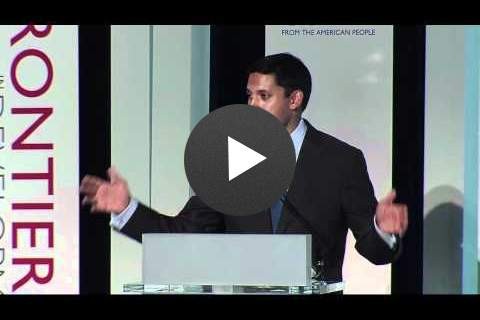
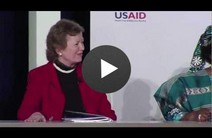
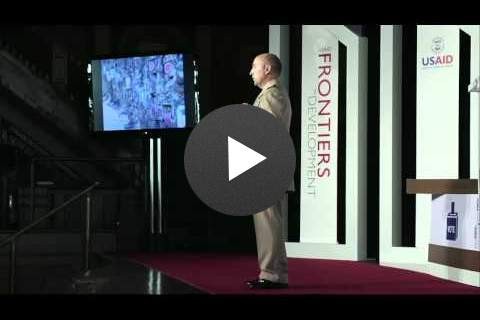
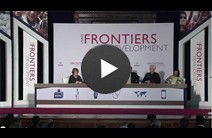
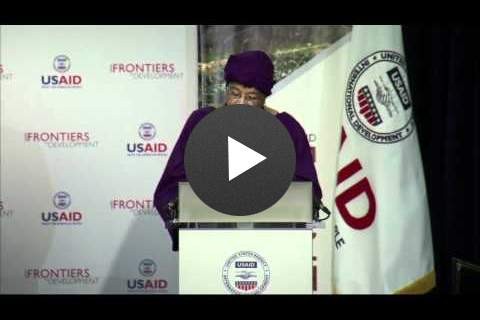
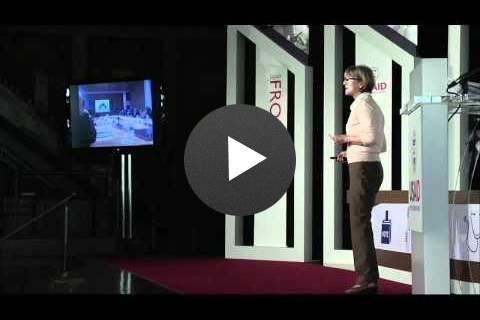
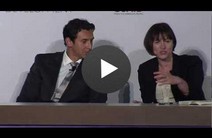
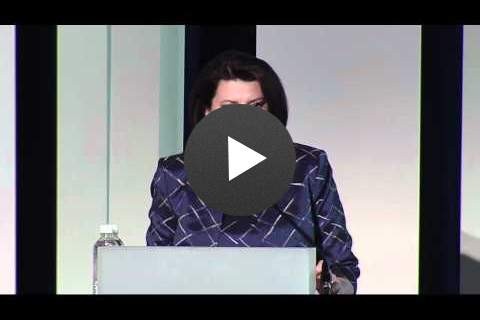
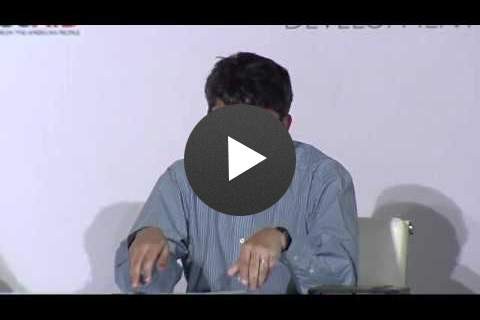
Comment
Make a general inquiry or suggest an improvement.